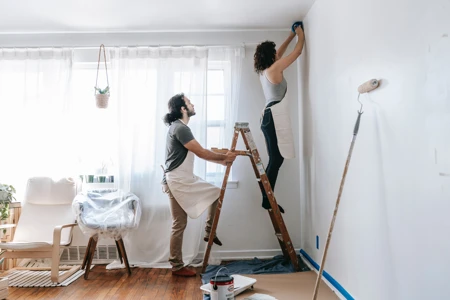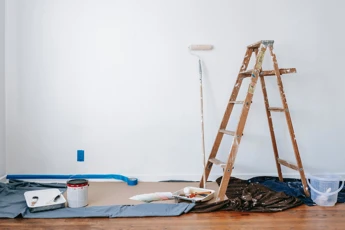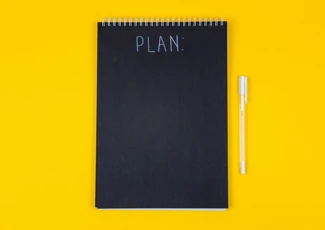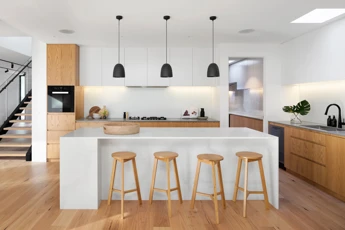While renovations come in all different shapes and sizes, they don’t have to cost the earth. With the right preparation, tools, and knowledge, you can become a master of DIY. How do you get started? Look no further…
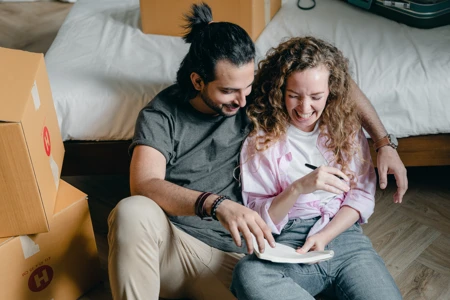
Do your research
There's a vast amount of knowledge on DIY renovations at your fingertips, with a wealth of tutorials, videos, and forums available online. Take the time to research and learn about the project you plan to undertake, as understanding the process beforehand will help you feel more confident when executing it for the first time.
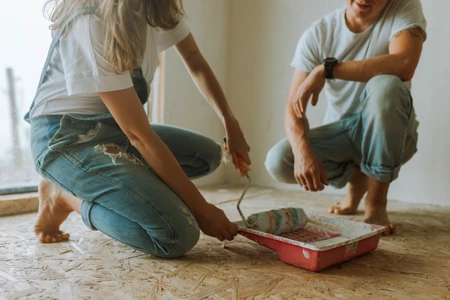
Start small
If you’re a complete novice, the best thing to do is to start off with more straightforward tasks that require minimal tools and expertise. Painting a room, changing cabinet handles, installing a new light fixture, or creating a gallery wall are great starter projects that can have a significant impact on the overall look of a space.
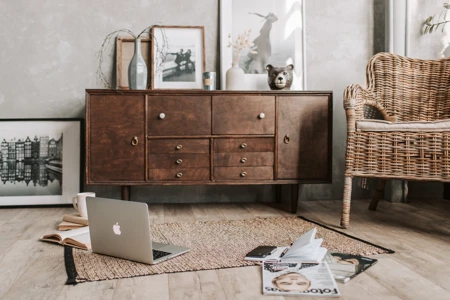
Upcycling is your friend
Instead of discarding old furniture, try upcycling it to give it a new lease on life. Sanding, painting, or staining can completely transform an old coffee table, chair, or dresser into a trendy and unique piece that fits your decor. It’s also a great way to do your bit for the planet, while saving money at the same time.

Budget wisely
While DIY renovations can save money, it's essential to set a budget and stick to it to avoid overspending. By knowing how much you can afford to spend, you can focus on the most important areas of your home that need renovation. Additionally, keeping track of expenses will help you make informed decisions and find cost-effective solutions during the renovation process.
Remember, practice makes perfect, and as you gain experience, you'll find that your skills and confidence will grow. By taking it one step at a time, you’re sure to enjoy the journey of transforming your living space from a house to a home. So put on your DIY hat, grab some tools, and let your creativity flourish!
Important information
Your home may be repossessed if you do not keep up repayments on your mortgage.
There may be a fee for mortgage advice. The actual amount you pay will depend on your circumstances. The fee is up to 1% but a typical fee is 0.3% of the amount borrowed.
Related Articles
How to renovate your home with a remortgage
Looking to renovate your home? You might want to consider funding this by remortgaging.
< 60 views | 2 years ago
Your home renovation checklist
Thinking of modernising your home? Perhaps you want to renovate to increase your home’s value. No matter the reason, everyone needs a comprehensive checklist when setting off on a renovation journey.
< 50 views | 1 year ago
Make your home renovation a success
Planning a home renovation is the foundation upon which all inspiration is built. The more solid your foundation, the smoother the renovation process will be. Here’s how to plan a successful renovation.
< 40 views | 1 year ago
No posts currently available

